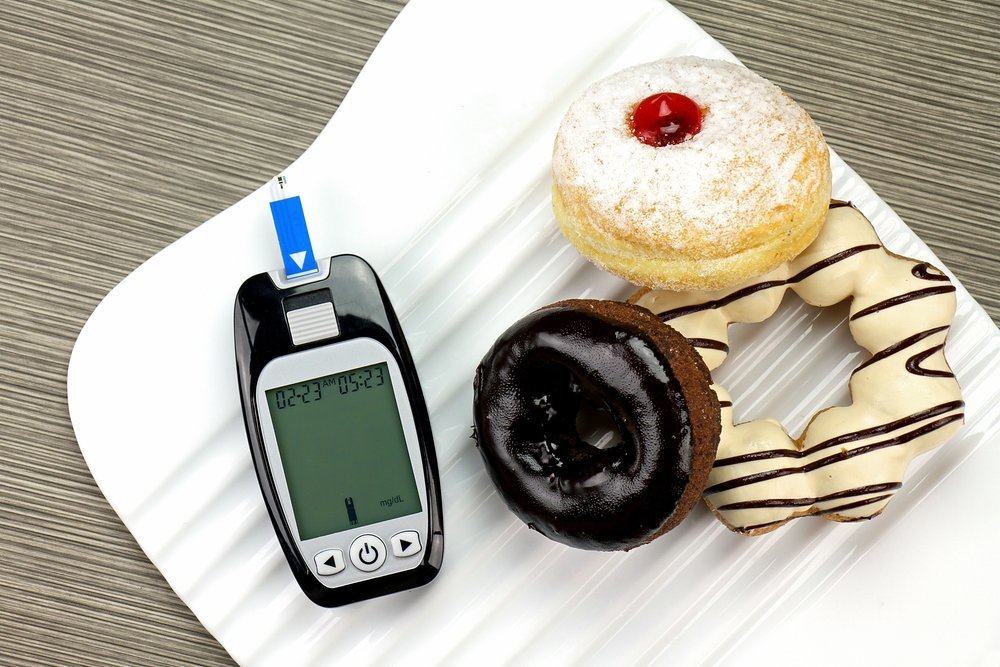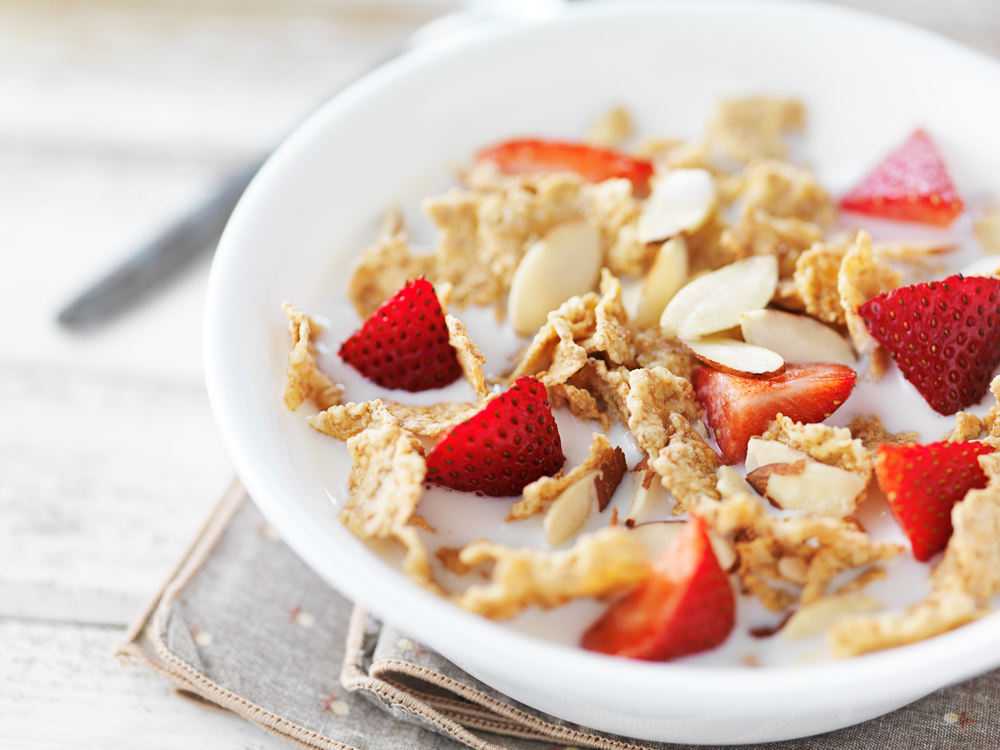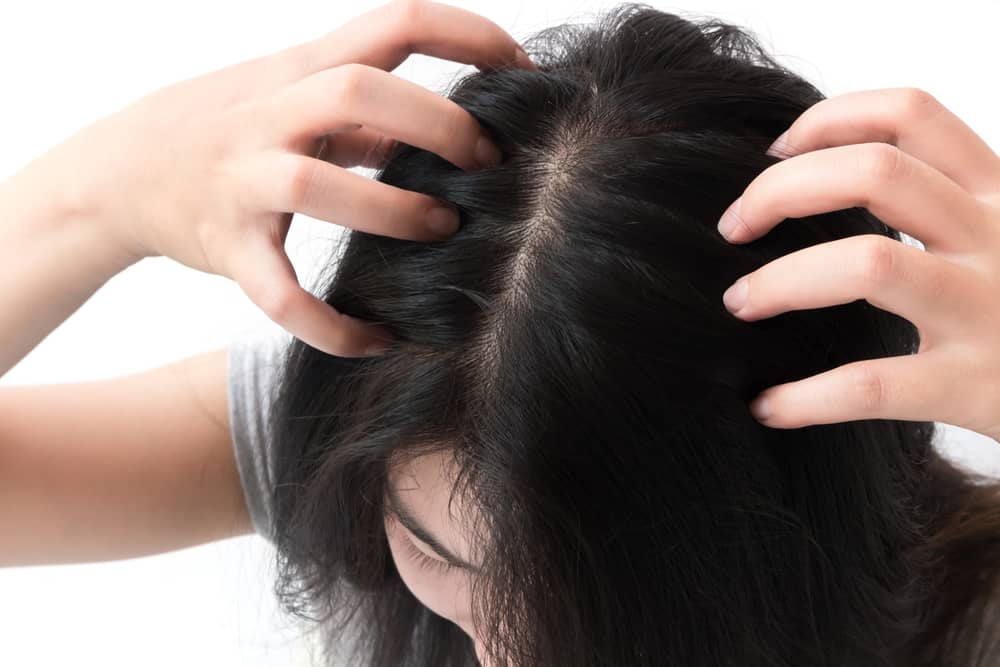Contents:
Medical Video: Diet Soda Leads to Weight Gain? Dr. Matthew Brengman Discusses Artificial Sweeteners
The proliferation of various diet programs and weight loss is also marked by an increasing trend in the use of artificial sweeteners. This synthetic sweetener does not only allow dieters to continue to enjoy the food of their favorite drinks while eroding a few pounds of the scales, but it is also commonly used by people with diabetes who must reduce sugar intake.
Ironically, eating artificial sweeteners can make you feel hungry and therefore eat more, which can threaten your healthy lifestyle program. Here's the explanation.
Artificial sweeteners keep you feeling hungry
A collaborative study between the Charles Perkins Center at the University of Sydney and the Garvan Institute of Medical Research, published in Cell Metabolism, found a neural map that explained the consumption of additional calories caused by artificial sweeteners.
The desire to eat is arranged in a brain award center, which also regulates other fun activities, such as sex. Appetite also shares the same behavior patterns as addiction: binge (excessive consumption at one time), withdrawal symptoms, and cravings.
Since the stone age, humans evolved, both biologically and psychologically, to consume foods high in calories for the availability of energy to survive. Linger without calorie intake in the body increases cravings and behavior binge eatingor overeating. Instinct instinctively forces us to balance the food vacuum with something more high-calorie, when faced with a situation of scarcity of certain food sources at that time. Once the signal "hungry, looking for food, immediately eating" is activated, this mindset will be difficult to cancel.
Sweet taste is generally a common benchmark for knowing the energy content in a food product. Sugar and honey, for example, contain natural calories. But artificial sweeteners do not contain calories, as a result the brain system detects this lack of energy. Researchers show that artificial sweeteners mimic hunger in the brain, which causes the brain to instruct the body to seek additional energy by eating more. To help encourage this response, the brain increases the taste quality of certain foods.
Artificial sweeteners can also make you more addicted to sugar
On the other hand, the taste of artificial sweeteners can be many times sweeter than ordinary sugar (sucralose, for example, 600 times sweeter than ordinary white sugar). This encourages the tendency of cravings and sugar dependence. Repeated exposure received by tongue taste receptors trains the taste appetite that the brain likes.
There is a strong relationship between regular intake of one particular taste, and strong personal interest in the taste. That is, prolonged consumption of artificial sweeteners can increase the body's sensitivity to sugar, which causes the brain to become more addicted to sugar, and this then increases the overall motivation to eat more.
The researchers also concluded that artificial sweeteners trigger hyperactivity, insomnia, and decreased sleep quality, all of which can be observed when people fast or are starving lightly.
READ ALSO:
- Is it true that palm sugar is safer for people with diabetes?
- Beware, Liquid Sugar Is More Dangerous than Sugar
- 7 Foods A Source of Probiotics, Good Bacteria for Health












